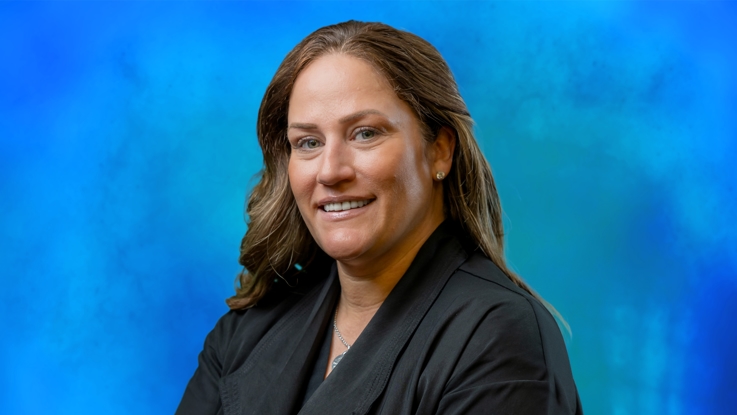Guard Your Skin Against Harmful Enemies
- Category: Community Newsletter
- Posted On:
- Written By: Nanette White
Your skin is your body’s first line of defense, and it is the most likely to show the effects of daily assault.
A variety of factors — ranging from the sun and diet to a lack of sleep or stress — take a toll on your skin. And, whether you’re young or old, your skin, the largest of the human organs, craves protection.
“Good skin care and a healthy lifestyle can help you battle the impact of the elements that affect your skin,” shares Dermatologist Rebecca Soine, MD, of North Oaks Dermatology Associates, adding that the sun is “by far the biggest offender.”
As a first step, she and her colleague, Dr. Frank Henchy, always encourage their patients to use a broad spectrum sunscreen when they’re outside. She explains that when the sun burns the skin, its elasticity is reduced over the years and causes wrinkles. Additionally, frequent and prolonged exposure to the sun’s ultraviolet rays over many years is the main cause of cancer.
Amanda, a 58-year-old patient, admits that she spent too much time in the sun, beginning when she was a teenager.
“If I had known 40 years ago what I know now, I would have taken more precautions,” she shares. “My friends and I would lay out in the sun for hours and hours, and considered our tanned skin a source of pride. Today, that youthful skin has turned into wrinkles, causing me to look older than I truly am.”
The skin requires a proper diet and hydration “the building blocks of healthy skin”, according to North Oaks Dietetic Internship Program Director Leslie Ballard. Eating well is also beneficial for preventing diseases of the skin that can manifest throughout your life, Ballard notes.
Vitamins A, C and E have been proven to benefit the skin, she continues. All have strong antioxidant properties. A diet rich in fruits, vegetables and whole grains and low in sugar, salt and trans fats provides nutrients to keep a person looking healthy.
In addition to a healthy diet, the amount of water intake can affect the skin’s appearance and also rid the body of toxins. A report by the University of Wisconsin’s School of Medicine and Public Health reinforces the concept that if your skin isn’t getting a sufficient amount of water, the lack of hydration will present itself by turning your skin dry, tight and flaky. Dry skin has less resilience and is more prone to wrinkling.
As water is lost in large quantities every day, you need to replace it somehow. In addition to drinking about eight glasses of water a day, it’s important to apply water to our skin and keep it there — this may show a visible difference in hydration, Dr. Henchy comments.
One way to add water to the skin is to apply a hydrating moisturizer within two minutes of bathing or showering. Because the skin is still porous, it absorbs the moisturizer better.
The old adage about getting your beauty sleep shouldn’t be ignored either, emphasizes North Oaks Sleep Disorders Center Medical Director Dr. Lauren L. Davis.
“Chronic lack of sleep can age your skin prematurely and even trigger inflammatory skin conditions like eczema and psoriasis," Dr. Davis points out. “When you don’t get the proper amount of sleep, there are chemical changes that take place and will show up in your skin’s appearance.”
In fact, over the past two decades a new medical specialty has developed called “psychodermatology.” It grew out of a number of published studies that show a link between mood and sleep problems in chronic skin diseases, which may also be why skin conditions sometimes improve when taking antidepressants and antianxiety medications.
“For example, teenagers who go through emotional times often experience bad flares of acne. It’s long been known that stress can cause acne, but there are other skin conditions that result from anxiety,” Dr. Henchy remarks. “Eczema, hives, rosacea, psoriasis – all are heightened with anxiety and stressful events. And, of course, one of the greatest stress relievers is getting plenty of sleep.”
For more information on how to protect your skin, contact your health care provider.




